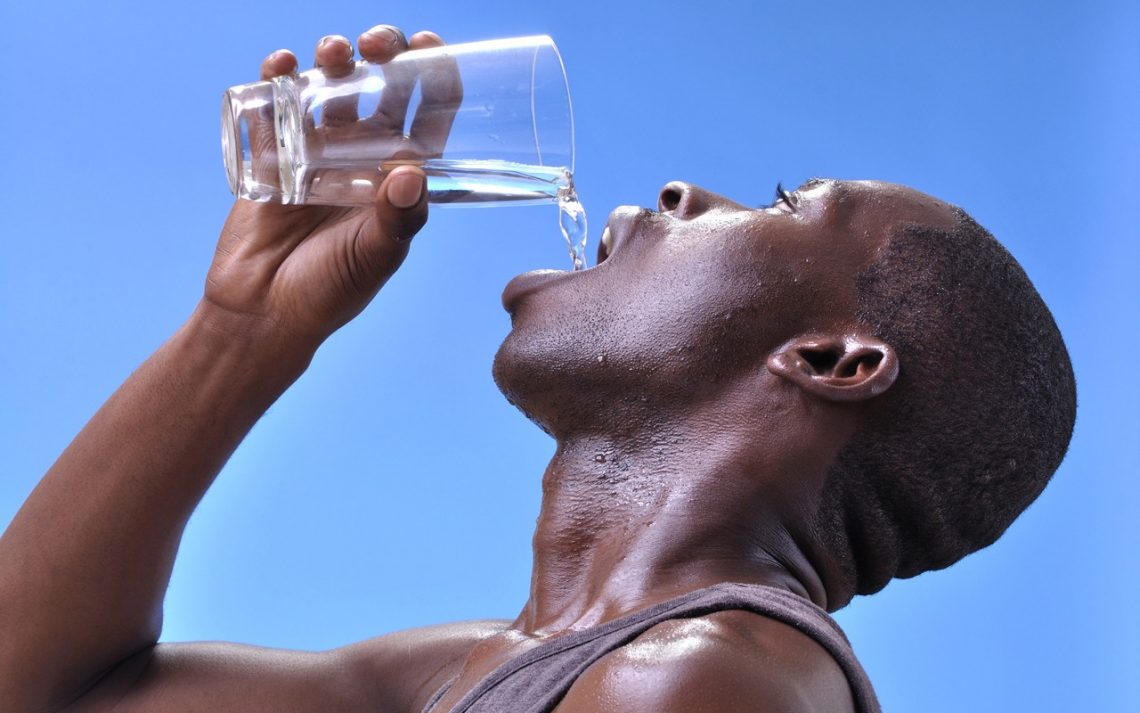What are the symptoms of polydipsia?
Polydipsia is characterized by excessive thirst and an abnormal increase in fluid intake. It can be a symptom of various underlying conditions. The symptoms associated with polydipsia may include:
- Excessive Thirst: A persistent and intense sensation of thirst that leads to frequent drinking of fluids.
- Frequent Urination: Increased fluid intake often results in a higher frequency of urination (polyuria).
- Dry Mouth: A feeling of dryness in the mouth and throat, even after drinking fluids.
- Increased Fluid Intake: Consuming large amounts of water or other fluids, often far more than what is considered normal.
- Dehydration Signs: Despite drinking large amounts of fluids, individuals may still show signs of dehydration, such as dry skin, dizziness, or dark urine, especially if the body is not properly retaining the fluids.
- Electrolyte Imbalance: In cases of extreme fluid intake, electrolyte levels in the body may become imbalanced, leading to symptoms such as muscle cramps, weakness, or confusion.
- Fatigue: The constant cycle of drinking and urinating can lead to fatigue and disrupted sleep patterns.
The severity and combination of these symptoms can vary depending on the underlying cause of polydipsia. If you experience persistent or unexplained thirst and increased fluid intake, it is essential to seek medical evaluation to determine the cause and receive appropriate treatment.
What are the causes of polydipsia?
Polydipsia, or excessive thirst, can be caused by various conditions, ranging from common and benign to serious medical issues. The causes can generally be classified into physiological, pathological, and psychological categories:
Physiological Causes
- Dehydration: Caused by excessive loss of fluids due to sweating, vomiting, diarrhea, or not drinking enough water.
- High Salt Intake: Consuming salty foods can lead to increased thirst as the body needs more water to balance the salt levels.
- Hot Weather: Excessive sweating due to heat can lead to a higher need for fluid intake.
Pathological Causes
- Diabetes Mellitus: High blood sugar levels can cause glucose to spill into the urine, drawing water with it and leading to increased thirst and urination.
- Diabetes Insipidus: A condition characterized by the kidneys’ inability to concentrate urine, leading to excessive urination and compensatory increased thirst.
- Kidney Disease: Impaired kidney function can result in an inability to concentrate urine, causing increased urination and thirst.
- Hypercalcemia: Elevated calcium levels in the blood can lead to increased thirst and urination.
- Hypokalemia: Low potassium levels can also result in increased thirst.
- Hyperthyroidism: Overactive thyroid gland can increase metabolism and cause excessive thirst.
- Medications: Certain medications, such as diuretics or anticholinergics, can cause dehydration or dry mouth, leading to increased thirst.
Psychological Causes
- Primary Polydipsia (Psychogenic Polydipsia): Often seen in psychiatric disorders like schizophrenia, this condition involves compulsive drinking of water without a physiological need.
- Obsessive-Compulsive Disorder (OCD): In some cases, individuals may develop compulsive drinking habits as part of OCD.
Other Causes
- Pregnancy: Increased fluid needs and hormonal changes during pregnancy can lead to increased thirst.
- Certain Lifestyle Factors: Excessive caffeine or alcohol intake can lead to dehydration and increased thirst.
Determining the cause of polydipsia is essential for appropriate treatment. If excessive thirst is persistent or unexplained, it is important to seek medical evaluation to diagnose the underlying cause and manage any associated conditions.
What is the treatment for polydipsia?
The treatment for polydipsia depends on its underlying cause. Here are common approaches based on different causes:
1. Dehydration
- Rehydration: Drinking water or oral rehydration solutions to restore fluid balance.
- Electrolyte Replacement: In cases of severe dehydration, intravenous fluids may be necessary.
2. Diabetes Mellitus
- Blood Sugar Control: Managing blood glucose levels through diet, exercise, and medications such as insulin or oral hypoglycemics.
- Monitoring: Regular blood sugar monitoring to prevent high blood sugar (hyperglycemia) and its effects.
3. Diabetes Insipidus
- Hormone Therapy: Desmopressin (DDAVP) may be prescribed to replace vasopressin, the hormone that helps control water balance in the body.
- Monitoring: Close monitoring of fluid intake and output.
4. Kidney Disease
- Management of Underlying Condition: Treatment may involve managing the specific kidney condition, such as controlling blood pressure, managing electrolytes, and possibly dialysis in advanced cases.
5. Hypercalcemia
- Treatment of High Calcium Levels: Depending on the cause, treatment may include hydration, medications to lower calcium levels, and addressing the underlying cause (such as hyperparathyroidism or malignancy).
6. Hypokalemia
- Potassium Supplements: Oral or intravenous potassium supplements to restore normal levels.
- Addressing Underlying Cause: Treating the condition causing low potassium levels.
7. Hyperthyroidism
- Antithyroid Medications: To reduce thyroid hormone production.
- Radioactive Iodine: To destroy overactive thyroid cells.
- Surgery: In some cases, thyroidectomy (surgical removal of part or all of the thyroid gland).
8. Primary Polydipsia (Psychogenic Polydipsia)
- Behavioral Therapy: Cognitive-behavioral therapy (CBT) and other forms of psychotherapy to address underlying psychological issues.
- Medication: In some cases, antipsychotic or antidepressant medications may be used.
9. Medication-Induced
- Review and Adjust Medications: If medications are causing excessive thirst, a healthcare provider may adjust the dosage or prescribe an alternative.
10. Lifestyle and Other Factors
- Dietary Changes: Reducing intake of salty foods, caffeine, and alcohol.
- Addressing Specific Causes: Such as modifying lifestyle habits or treating conditions related to pregnancy.
General Considerations
- Monitoring Fluid Intake: In some cases, regulating the amount of fluid intake may be necessary, especially if overconsumption leads to electrolyte imbalances.
- Regular Medical Follow-Up: Continuous monitoring and follow-up with healthcare providers to manage the underlying condition and adjust treatment as needed.
Proper diagnosis of the underlying cause of polydipsia is crucial for effective treatment. If you or someone you know experiences persistent or unexplained excessive thirst, it is important to consult a healthcare provider for a thorough evaluation and appropriate management.

Leave a Reply
You must be logged in to post a comment.